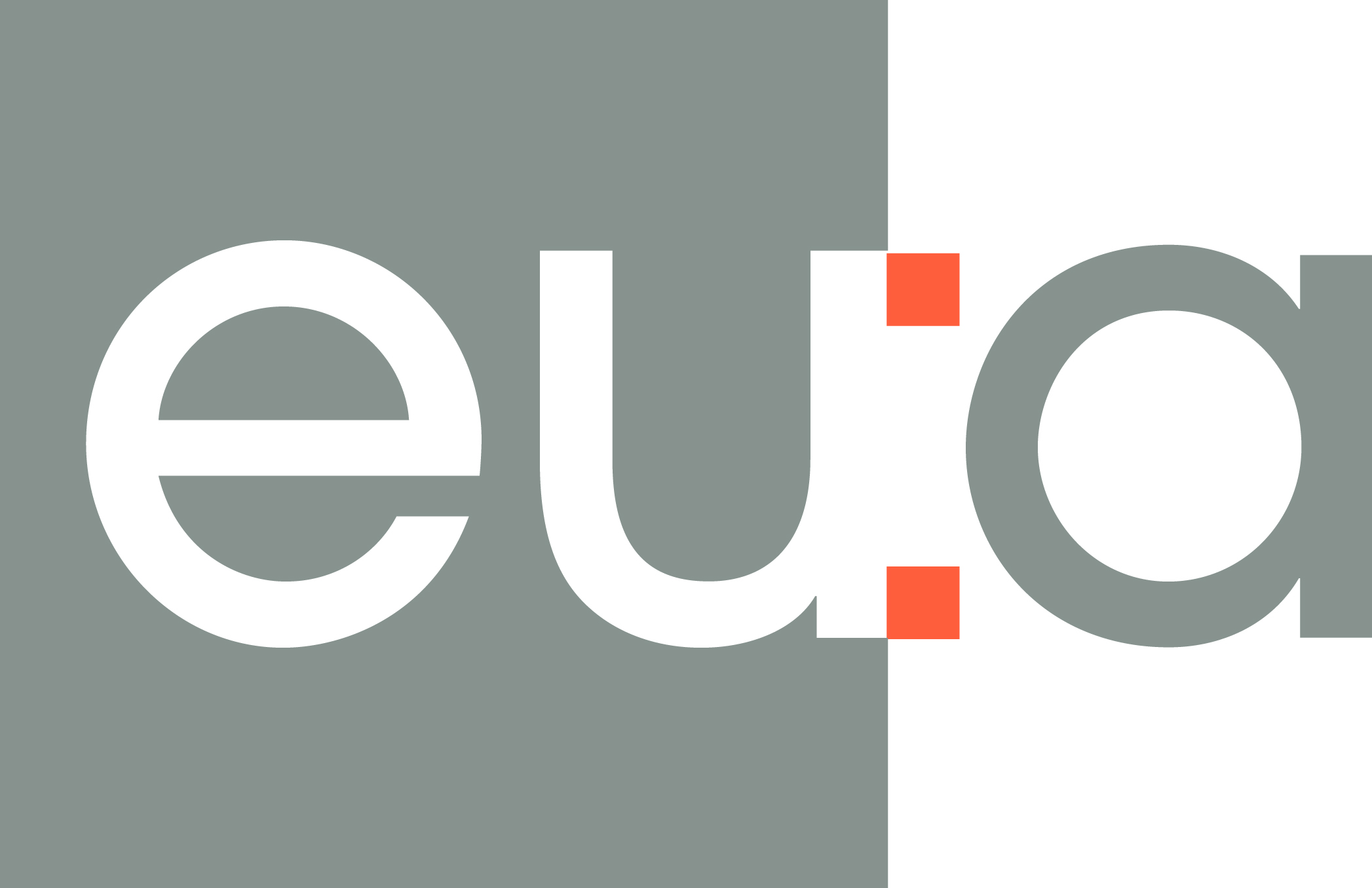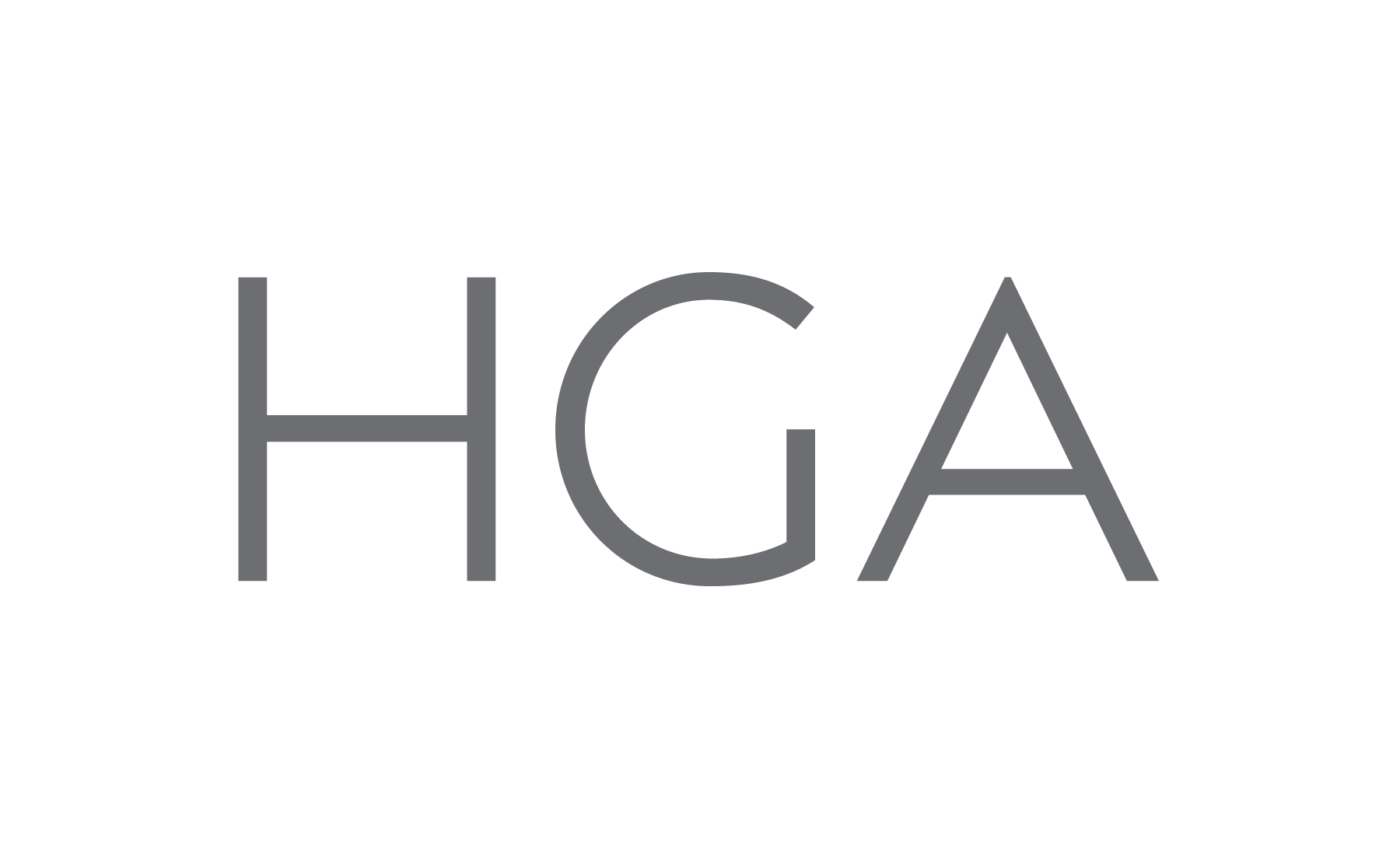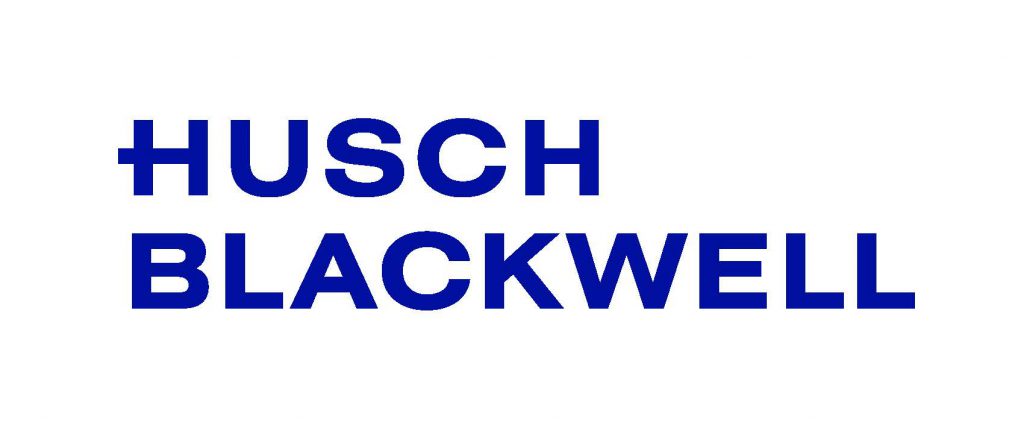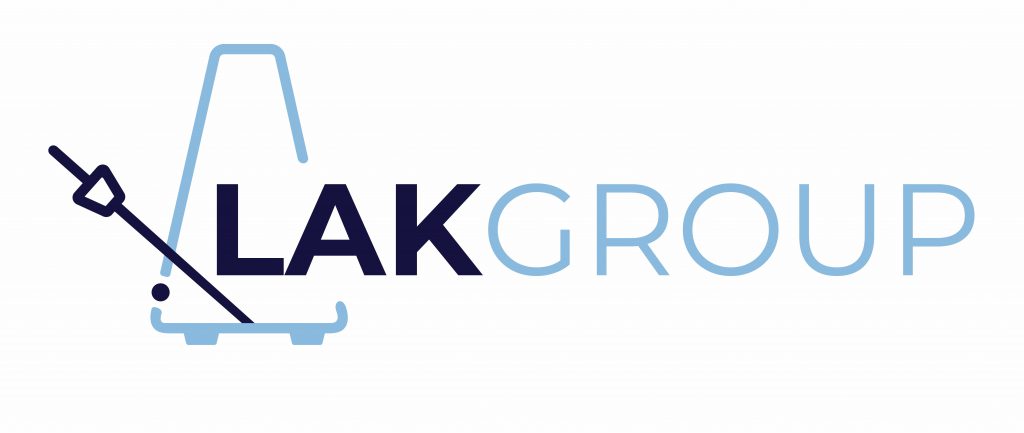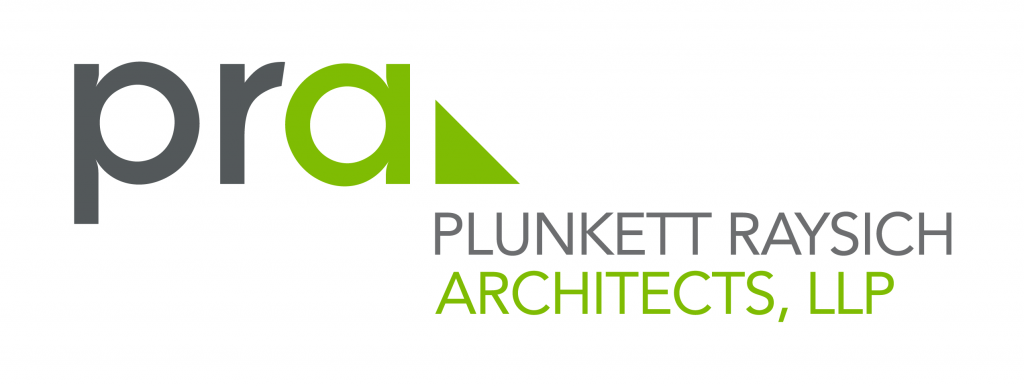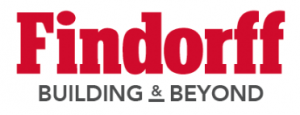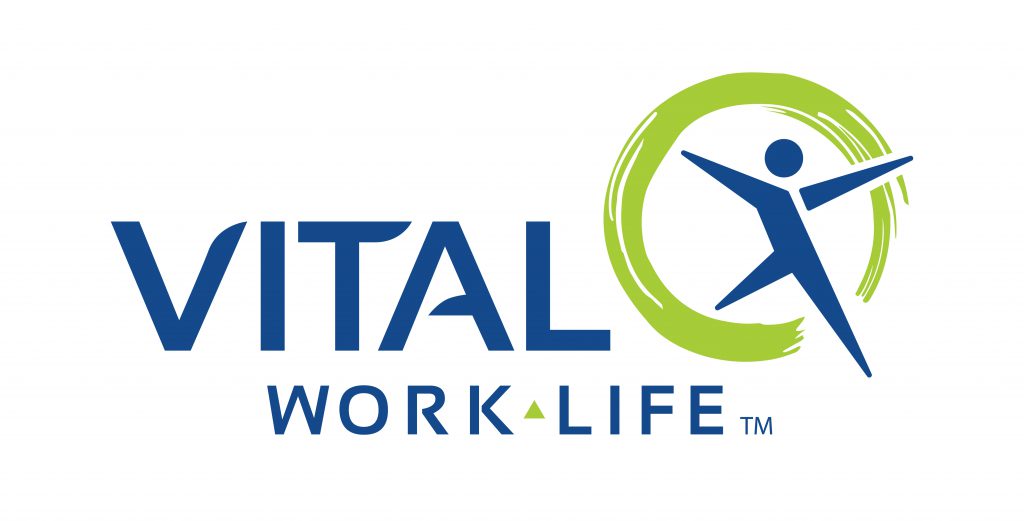Take the next important step in your healthcare management career by advancing to Fellow status. Fellow applicants who successfully meet all requirements needed to attain their FACHE credential by Dec. 31, 2018, including passing the Board of Governors Examination, will be eligible to participate in the 2019 Convocation Ceremony at the Congress on Healthcare Leadership, where you will receive formal recognition by ACHE leadership and their colleagues. Members can apply for Fellow conveniently online and learn more about the steps and requirements needed to advance at ache.org/FACHE.
Leadership Development Program (LDP) Site Visit at the Milwaukee VA, with Integrated Medical Partners
ACHE Leadership Development Program (LDP) cohort IX spent a day at the Clement J. Zablocki VA Medical Center in August, for a site visit in collaboration with Integrated Medical Partners.
Bill Pickart, Chief Executive Officer at Integrated Medical Partners (IMP) joined the group for breakfast and then shared leadership insights and wisdom from his C-suite experience as CEO. This was followed by an analytics demonstration by cohort member and co-host Tracy Keenan, Analytics Manager, Integrated Medical Partners.
A campus historical tour at the Zablocki VA Medical Center followed, including Milwaukee’s former historic Soldiers Home and other buildings on the grounds that will begin redevelopment in early 2019.
A working lunch covered “VA 101” with cohort member and host Brian Michalski, Health System Specialist, Milwaukee VA Medical Center. This included an engaging discussion of views from Washington.
James D. McLain, FACHE, Deputy Director (COO) and then-Acting Medical Center Director (CEO) at the Zablocki VA Medical Center joined the group for lunch along with Christina Orr, DPT, Assistant Medical Center Director, and shared their own inspiring leadership journeys as well as leading an interactive discussion on various leadership topics.
Michael D. Erdmann, MD, MS, Chief of Staff and Associate Dean for the VA, shared insights on the Department of Veterans Affairs: Past, Present and Future. Then before wrapping up the day as a cohort, Beth Ann Smith, Program Manager – Benefits Management, provided an overview of VA benefits, billing and insurance as well as the procurement system and related topics.
In addition to our Leadership Development Program (LDP) cohort members participating in the site visit, students mentored by our co-hosts joined the group to include Shelby Edl, Vice President and Claudette Ingold, Professional Development Chair, Future Healthcare Executives (FHE) at UW-Milwaukee.
Are You Due to Recertify Your FACHE Credential in 2018?
Demonstrate your continued dedication and commitment to lifelong learning by recertifying your FACHE® credential. Login to my.ache.org to learn when you are due to recertify. Please submit this application no later than Dec. 31; include your Qualified Education credits and your community/civic and healthcare activities. For more information, please visit ache.org/Recertify.
You may also contact the ACHE Customer Service Center at (312) 424-9400, Monday–Friday, 8 a.m.–5 p.m. Central time, or email contact@ache.org.
Forum Member Directory Connects Executives With Healthcare Consultants
The Healthcare Consultants Forum Member Directory is a resource for healthcare executives and organizations seeking the services of a healthcare consultant with a specific area of expertise.
Are you a healthcare executive searching for a consultant? The directory’s robust search functionality can help identify ACHE Consultant Forum Members who may meet your needs.
Are you a consultant looking to gain visibility with decision makers? Join the Healthcare Consultants Forum, and select your primary area of expertise now!
Offering a Postgraduate Fellowship? ACHE Can Help
If your organization is offering a postgraduate fellowship for the upcoming year, we encourage you to add it to the Directory of Postgraduate Administrative Fellowships at ache.org/Postgrad.
As a healthcare leader, you know how crucial it is to attract and develop highly qualified professionals in your organization. Gain exposure and start attracting top-notch applicants by posting your organization’s program on the directory. You may add a new listing or update a previous one at any time by completing the Online Listing Form.
Questions? Please contact Audrey Meyer, membership coordinator, Division of Member Services, at (312) 424-9308 or email ameyer@ache.org.
Maximize Your Leadership with ACHE’s CareerEDGE
Are you taking advantage of your complimentary access to ACHE’s CareerEDGE®? More than 4,300 of your fellow ACHE members have registered for this unique and interactive tool designed to support you in planning and managing your career. Early careerists and senior executives alike can use the tool to support their own career development as well as those they lead. CareerEDGE includes free assessments and tools to enhance your self-awareness as well as a comprehensive framework that makes it easy to map a plan to achieve your goals. Visit our CareerEDGE webpage to login and explore CareerEDGE today!
Are You Leading for Safety?
Healthcare leaders are guided by the highest calling—to care for those who entrust their care to us. This means that we must keep our patients and workforce safe. Improving healthcare safety requires leaders who are committed to take a stand.
That is why ACHE has partnered with the Institute for Healthcare Improvement/National Patient Safety Foundation Lucian Leape Institute and other safety experts to help healthcare leaders take a stand.
Join us and commit to leading for safety by signing the We Lead for Safety pledge online at ache.org/Safety. While you are there, you can find resources, tools, self-assessments and best practices to help your organization measure, build and sustain a culture of safety.
IHI Publishes Guide for Providing Safe Home Healthcare
Millions of people are recovering from acute illness or coping with chronic conditions in their own homes, but their care may not always be delivered under the safest of conditions, according to a new report from the Institute for Healthcare Improvement.
Care in the home is increasing due in part to rising healthcare costs, an aging population, patient preference and advances in technology that allow for some complex care to be administered locally.
Home care has its advantages—including greater autonomy for care recipients, lower risk of certain complications (such as sleep disruption) and lower costs—but IHI cautions that in order to achieve these benefits, healthcare providers must be cognizant of risks of harm in the home setting as well. Potential issues include injuries due to physical hazards or medical equipment, pressure injuries, infections, poor nutrition, adverse events related to medication or other treatment, potential abuse or neglect, and healthcare worker burnout.
To help promote safe, person-centered care in the home, IHI’s report outlined the following five guiding principles:
- Self-determination and person-centered care are fundamental to all aspects of care in the home setting.
- Every organization providing care in the home must create and maintain a safety culture.
- A robust learning and improvement system is necessary to achieve and sustain gains in safety.
- Effective team-based care and care coordination are critical to safety in the home setting.
- Policies and funding models must incentivize the provision of high-quality, coordinated care in the home and avoid perpetuating care fragmentation related to payment.
As the numbers of people receiving care at home continue to increase, we hope this report will serve as a useful reference for those committed to building on that foundation,” said Tejal K. Gandhi, MD, CPPS, chief clinical and safety officer for IHI.
—Adapted from “Health Care Services At Home Outpacing Attention To Safety,” by Joanna Clark, Institute for Healthcare Improvement, July 16, 2018.
Increase in Healthcare M and A Activity Continues in 2018
The number of hospital and health system partnership transactions continues to climb, with a total of 50 transactions announced in the first half of 2018, according to a recent analysis by Kaufman Hall.
Activity remains particularly strong among not-for-profit hospitals and health systems, with 16 of 21 transactions announced in the second quarter involving acquisitions by such organizations, compared to five transactions by for-profit acquirers. When combined with first-quarter results, more than 76 percent of deals announced in the first half of 2018 involve not-for-profit acquirers, while less than 24 percent involve for-profit acquirers.
“Not-for-profit hospital and health system leaders nationwide are moving aggressively to broaden their organizations’ base and expand their presence, extending capabilities across larger geographies in order to address continued uncertainty in the industry,” said Anu Singh, managing director at Kaufman Hall. “Partnerships provide them the size and enhanced positioning within their markets to help ensure that these legacy organizations can continue their missions of providing vital care in the communities they serve.”
Here are four additional findings from the report:
- Two transactions announced in the second quarter are among larger organizations with revenues between $500 million to $1 billion.
- Three transactions announced in the second quarter involved religious-affiliated organizations acting as acquirers, and one involved a religious-affiliated target.
- Three transactions involved academic health systems acquiring other organizations.
- Three deals involved less than fully integrated transactions with the establishment of management services agreements.
—Adapted from “Hospital Merger and Acquisition Activity Continues to Rise, According to Kaufman Hall Analysis,” Kaufman, Hall & Associates, July 12, 2018.
WHA Launches Redesigned Website and Rebrand
Advocate. Advance. Lead.
It’s what we do for our member hospitals and health systems so they can provide high-quality, affordable, accessible health care for Wisconsin families and communities.
WHA is known for its superior government relations results and impactful bipartisan advocacy on behalf of its members, and we have updated and launched a rebrand of our logo this morning to make our mission abundantly clear. While our overall look will remain consistent to capitalize on WHA’s reputation, we have updated our tag line from “A Valued Voice” to “Advocate. Advance. Lead.” This more clearly reflects WHA’s growth and strong advocacy leadership in Wisconsin and Washington, D.C.
As part of WHA’s rebrand, we have also redesigned our website at www.wha.org. We strive to make WHA the premier source of information on Wisconsin health policy and legislative activity, and our new site will support WHA’s vision and advocacy efforts.
WHA organized the site based upon what you want and need – we used what you search for on our site and made that information prominent to give you a better customer experience. We value your time and have provided materials and data right at your fingertips.
We have:
- Improved website navigation and layout to make it easier to find key information
- Enhanced your customer experience by providing focused topic areas on the site for easy access to data and materials – as well as key issues on the top of each major webpage
- Included a rotator on the homepage to feature key messages / issues
- Featured Health Care Topics A-Z in the top navigation
- More prominently featured WHA products such as the WHA Information Center, PricePoint, CheckPoint and the WHA Quality Center so you can get to those resources quickly
Please feel free to send your feedback and comments regarding the new website to Stephanie Marquis, Vice President of Communications.
We are proud to serve our members, and we know this refreshed look more accurately reflects where WHA is going on your behalf now and in the future.
Eric Borgerding
WHA President and CEO

